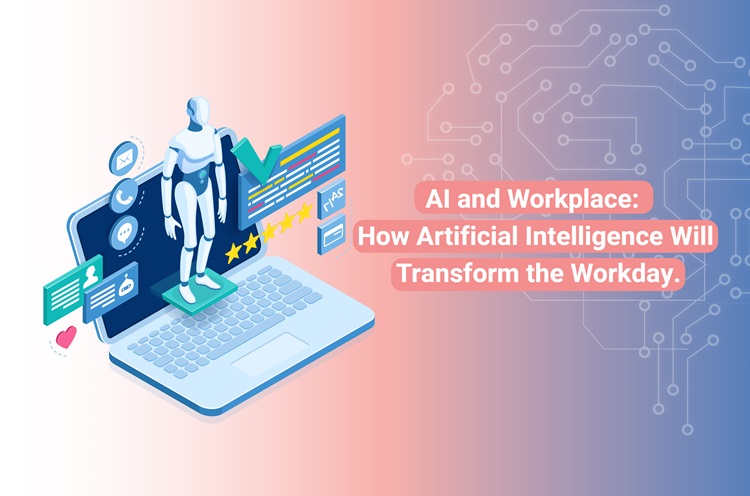By Casey Noenickx, Features Correspondent
The rise of generative AI in the workplace is inevitable. According to the 2023 World Economic Forum’s Future of Jobs Report, AI and machine learning specialists are the fastest growing job fields. With this growth, the question of how AI will transform the workday is becoming increasingly important.
One of the primary worries about AI is that it will take workers’ jobs at a staggering rate. And experts say the AI will only get better at this. But generative AI can also create new jobs and careers. It can identify issues faster and often more accurately than humans alone, and it can broaden our thinking, introducing new approaches and solutions to problems.
Increasing Accuracy and Correcting Biases
AI has the power to catch some issues people might overlook For example, it’s already making a splash in hiring with recruiters, who are finding they need to adapt to the new technology. Yet experts say not to worry about being displaced quite yet – and that, perhaps, this shift could even create new job opportunities. This has included workers, who’ve already been touched by the technology, whether they know it or not.
How is the Artificial Intelligence Revolution Different from 20th-Century Labor and Tech Disruptions?
The artificial intelligence revolution is different from 20th-century labor and tech disruptions in that it is happening at a much faster rate. Today the changes are coming so fast that many workers themselves will need to learn new skills for new jobs. Research indicates that on the order of half of today’s workers are in industries vulnerable to disruption in the near term.
How Will the Emergence of Artificial Intelligence Affect Individual Workers in the Future?
The emergence of artificial intelligence will affect individual workers in the future in a variety of ways. Machines can be trained to perform a wide range of non-routine cognitive tasks, and advanced robotics can increasingly perform manual tasks. But many people who earned their living as tax preparers now find their jobs and income threatened. Society as a whole will benefit from increased productivity and lower costs, but many individual workers will be adversely affected.
How Can Humans and Machines Work Together for Greater Efficiency and Productivity?
Humans and machines can work together for greater efficiency and productivity by leveraging the strengths of each. Machines excel at performing repetitive tasks and gathering data, while humans excel at problem-solving and creative thinking. By combining the two, organizations can achieve greater efficiency and productivity.
The Skills Your Employees Need to Work Effectively with AI
In order for employees to work effectively with AI, they need to possess a variety of skills. They should be able to think critically, analyze data, and communicate effectively. They should also have the ability to learn new technologies quickly and adapt to change. Additionally, employees should be comfortable working with AI tools and be able to collaborate with AI systems.
Conclusion
The rise of generative AI in the workplace is inevitable. This has already been felt by workers, who’ve already been touched by the technology, whether they know it or not. AI has the power to catch some issues people might overlook, increase accuracy and correct biases, and create new job opportunities. Humans and machines can work together for greater efficiency and productivity by leveraging the strengths of each. For employees to work effectively with AI, they need to possess a variety of skills. AI is transforming the workday, and it is up to workers and employers alike to ensure they’re prepared for the changes.
